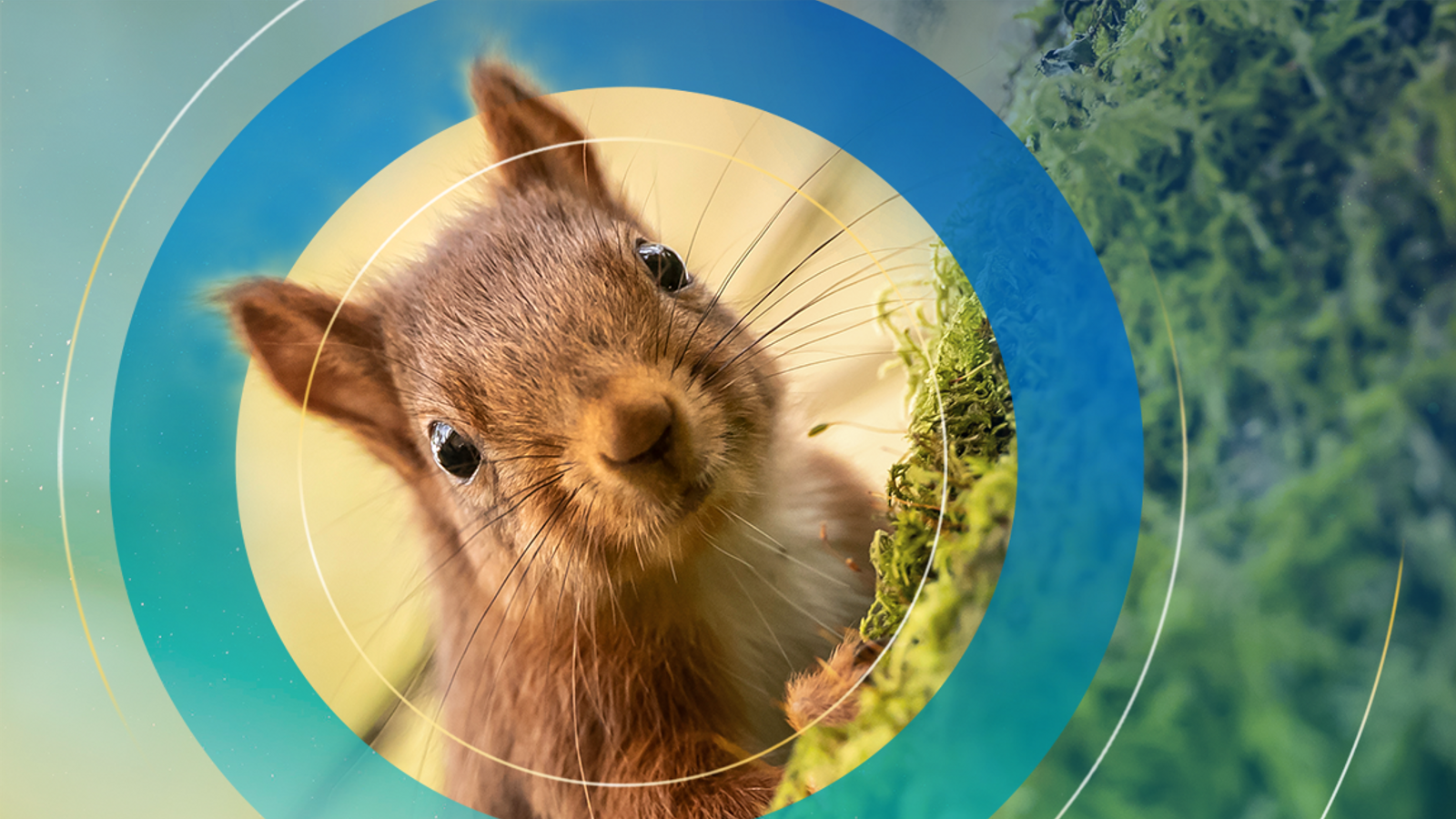The world has breached the “safe limit for humanity” for biodiversity loss and may not have enough nature to prevent ecological meltdown, according to new data.
Natural History Museum analysis also reveals that the UK, with just half (53%) of its biodiversity remaining, is one of the most nature-depleted countries in the world.
Even the global average of 75% of biodiversity intactness is significantly lower the 90% threshold believed to be the safe point to prevent the world tipping into an “ecological recession”.
In this scenario ecosystems lose resilience, triggering crop failures and infestations that could cause shortages of food, energy and materials.
“Much of the world has lost a large amount of its natural biodiversity,” said Dr Adriana De Palma from the Natural History Museum.
“Those systems have lost enough biodiversity to mean that we have to be careful about relying on them functioning in the way that we need them to.”
Researchers at the museum have developed the Biodiversity Intactness Index (BII), which measures the percentage of nature that remains in an area.
Almost a third of world’s trees at risk of extinction – as report warns of ‘domino effect’ if just one species is lost
Highly protected marine areas: ‘Red herring’ or will they catch on?
New ‘living laboratory’ launched by Kew Gardens to study biodiversity benefits in UK
They released it just before negotiators from around the world convene at UN talks COP15, widely regarded as the most important biodiversity summit for a decade. None of the world’s last targets for protecting wildlife, which were set in Aichi, Japan, in 2010, were met.
The UK’s 53% BII places it in the bottom 10% of the world’s countries, well below China and last among the G7 group of nations.
The UK’s long-time low position in the league table is linked to the industrial revolution, said Professor Andy Purvis from the Natural History’s life sciences department.
“That mechanised the destruction of nature to an extent, converting it into goods for profits,” he said.
Over two thirds of the UK is still used for agriculture and another 8% has been built on, according to 2020 data, leaving little room for nature.
“Biodiversity loss is just as potentially catastrophic for people as climate change, but the solutions are linked,” said Professor Purvis.
Subscribe to ClimateCast on Spotify, Apple Podcasts, or Spreaker.
“Stopping further damage to the planet requires big change, but we can do it if we act now, together.
“Muddling through as we currently are doing is nowhere near enough to halt, let alone reverse, the ongoing worldwide decline in biodiversity.”
Watch the Daily Climate Show at 6.30pm Monday to Friday on Sky News, the Sky News website and app, on YouTube and Twitter.
The show investigates how global warming is changing our landscape and highlights solutions to the crisis.






















